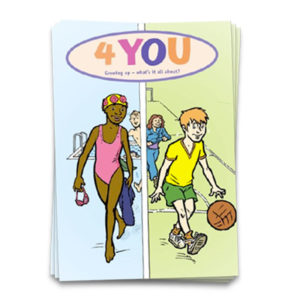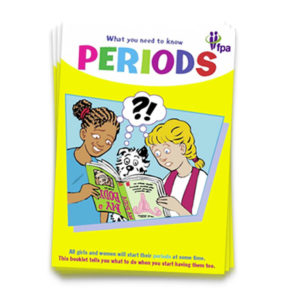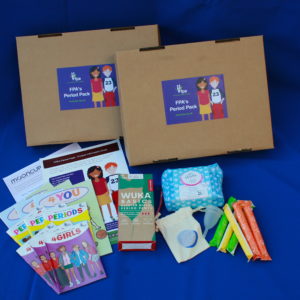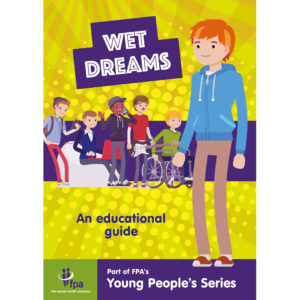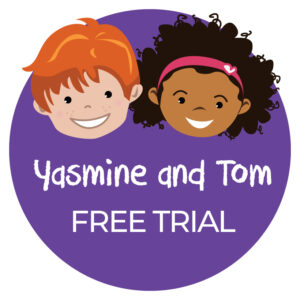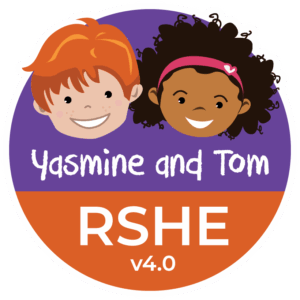RSHE and PSHE for Primary Schools
Relationships, Sex and Health Education in Primary Schools
- In September 2020, “Relationships education” became statutory in all primary schools in England.
- “Health education“: this is also statutory in all state-funded schools.
- “Sex education“: In-line with government guidance, we recommend that age-appropriate sex education is also taught in all primary schools.
- As the NHS states “it’s perfectly normal for puberty to begin at any point between the ages of 8 and 13 in girls and 9 and 14 in boys.“
- In the FPA Yasmine & Tom resource – there are only 4 primary school sex education lessons and these are taught in year 6.
- If parents opt a child out of sex education then FPA strongly recommends that parents teach sex education at home. Read more on opting out.
September 2026 curriculum update
- The updated curriculum for England will come into effect in September 2026.
FPA’s clinically accurate and engaging RSHE literature
Helping parents understand RSHE is a good thing and helps protect children
As you know – it’s a statutory requirement to let parents know what’s being taught in RSHE.
We understand the need to do this in a simple way that provides peace of mind.
It’s also tricky for schools to constantly communicate about RSHE – we’re here to help.
Parents area for RSHE
We have created a free-to-access Primary school parents guide here – it’s also easy to find in the main menu the FPA.org.uk.
FPA’s clinically accurate and engaging RSHE literature

Responsible Relationships, Sex & Health Education in Primary Schools - RSHE FAQs:
Q) Are children shown pornographic material?
A) No, never, they are children. The Family Planning Association takes a responsible approach. Children should be helped, protected and only taught age appropriate lessons.
Q) Who marks your homework? And how do you ensure lessons are "age appropriate"?
A) The Family Planning Association has implemented a 4 stage process:
- Materials are initially written by teachers
- Any sex education lessons are reviewed and updated by medical experts
- Lessons are then peer reviewed
- Lessons are then re-checked to ensure they are still fully compliant with the National Curriculum
Q) Is Relationships, Sex and Health Education really that important - shouldn't children just concentrate on English and maths?
A) There's no question that English and maths are critical building blocks.
Likewise, the clear evidence is that High Quality RSHE is like other education. It helps children and young people navigate the world, make informed choices, and develop critical thinking skills.
For details - see our Sex Education Benefits and Statistics page.
Q) Can I take a closer look at the Yasmine and Tom lessons?
A) Yes. You can see the 63 lesson outcomes here and you can also meet Yasmine and Tom in their introduction video above.
Q) Can I opt my child out of sex education?
A) The NHS states "it's perfectly normal for puberty to begin at any point between the ages of 8 and 13 in girls and 9 and 14 in boys."
Parents:
- cannot withdraw their child from 'relationships' education as this is a legal requirement.
- cannot withdraw their child from sex education that is part of the science curriculum e.g. 'external body parts' and 'the human body as it grows from birth to old age (including puberty)'.
- can withdraw their child from any additional sex education.
Where schools use the FPA lesson plans there are 4 of these additional sex education lessons:
- They are age appropriate and taught in year 6 (10-11 year olds)
- They are clearly marked on the lesson plan below
If opting your child out - the FPA strongly suggests that parents teach sex education at home.
Although in an ideal world - children would get these important lessons at home and at school.
Relationships, Sex & Health Education in Secondary Schools – RSHE FAQs:
Q) Does sex education encourage children to have sex?
A) No. Studies show it’s more likely to have the opposite effect and delay the age that young people first have sex.
You don’t have to take our word for it, the United Nations Educational, Scientific and Cultural Organization (UNESCO) examined 87 separate studies on the pros and cons of sex education.
Their report is 137 pages long – we’ve added a few highlights here.
You can also find our “Parents guide to RSHE in secondary schools” here.
UK Curriculum by Country
Click below for curriculum details:
FPA's RSHE & PSHE resources for primary schools
FPA helps schools teach RSHE & PSHE in primary schools with:
- “Yasmine and Tom” – our online resource with 65 lessons that covers the full RSHE curriculum – examples below and full details here.
- Our clinically correct and age appropriate booklets and guides – see here.
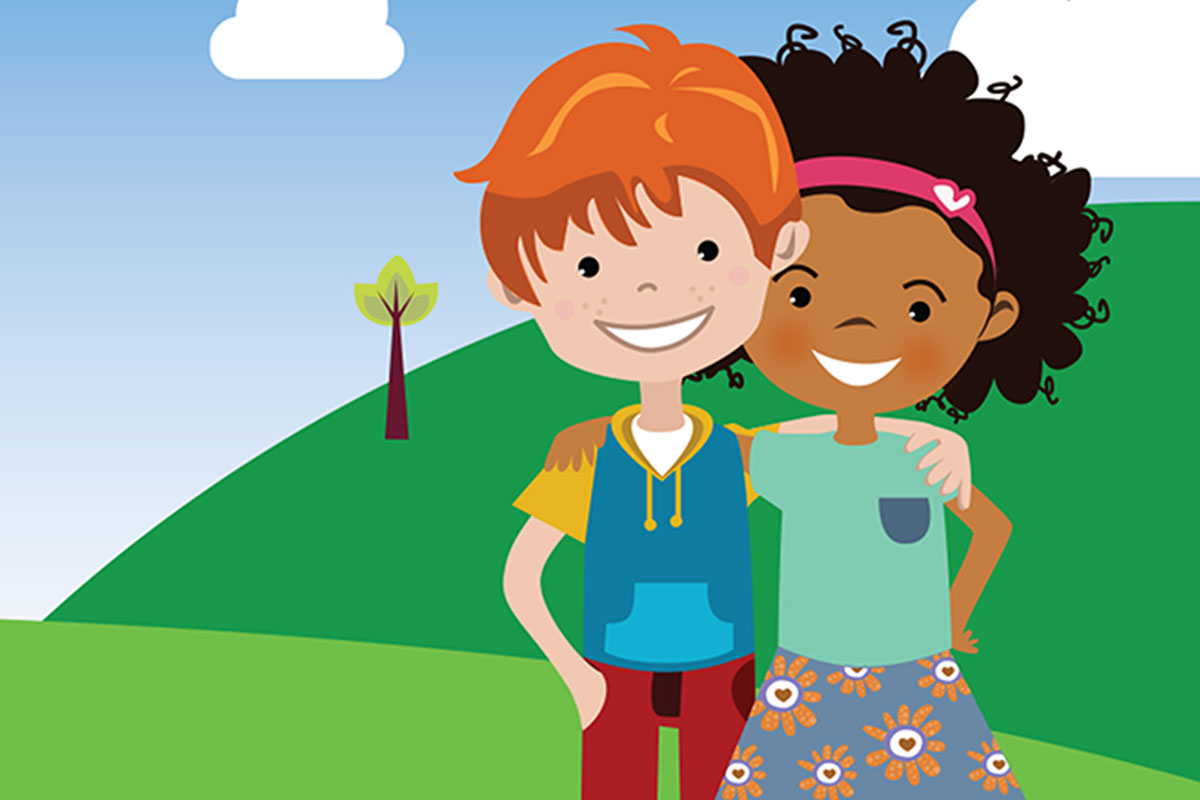
An interactive online resource – makes teaching RSHE & PSHE simple, easy and fun.
63 lessons for Key Stages 1 and 2 (ages 5-11).
Yasmine and Tom helps you deliver RSHE and PSHE.
Meet Yasmine and Tom!
Animation, sound and touch-screen activities bring the characters Yasmine and Tom to life.
Age appropriate lessons help Yasmine and Tom cover the full curriculum including relationships, families, friendships, diversity, the body, online and offline safety and much more.
Discover peace of mind and a safe pair of hands so children can learn and grow.
Yasmine and Tom Example 1: The Introduction Video
A video shown to pupils aged 5 to 7 to introduce them to Yasmine and Tom.
Yasmine and Tom Example 2: Different Families
This is an “interaction” from Year 1, Lesson 3, i.e. for 5 to 6 year olds. Click the green button to see how this interaction works. Make sure to have your sound on!
Yasmine and Tom Example 3: Periods (menstruation)
This is an interaction from Year 6, i.e. for 10 to 11 year olds. Click the green button to see how this interaction works. Make sure to have your sound on!
FPA’s clinically accurate and engaging RSHE literature
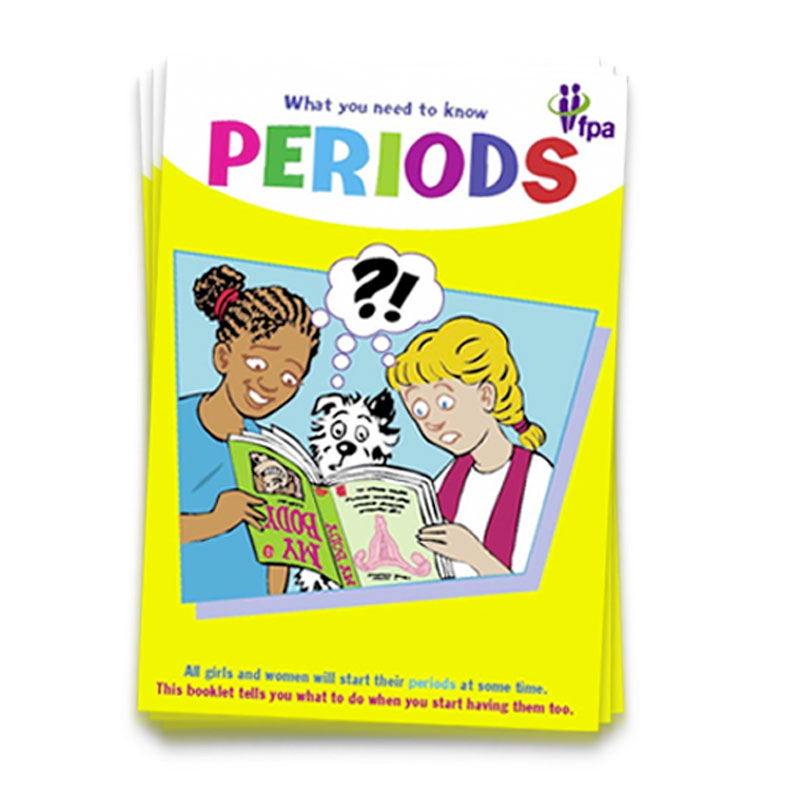
Classroom Favourites
Discover our collection of most loved teaching aids for RSHE. Designed to increase engagement levels and promote healthy conversation.
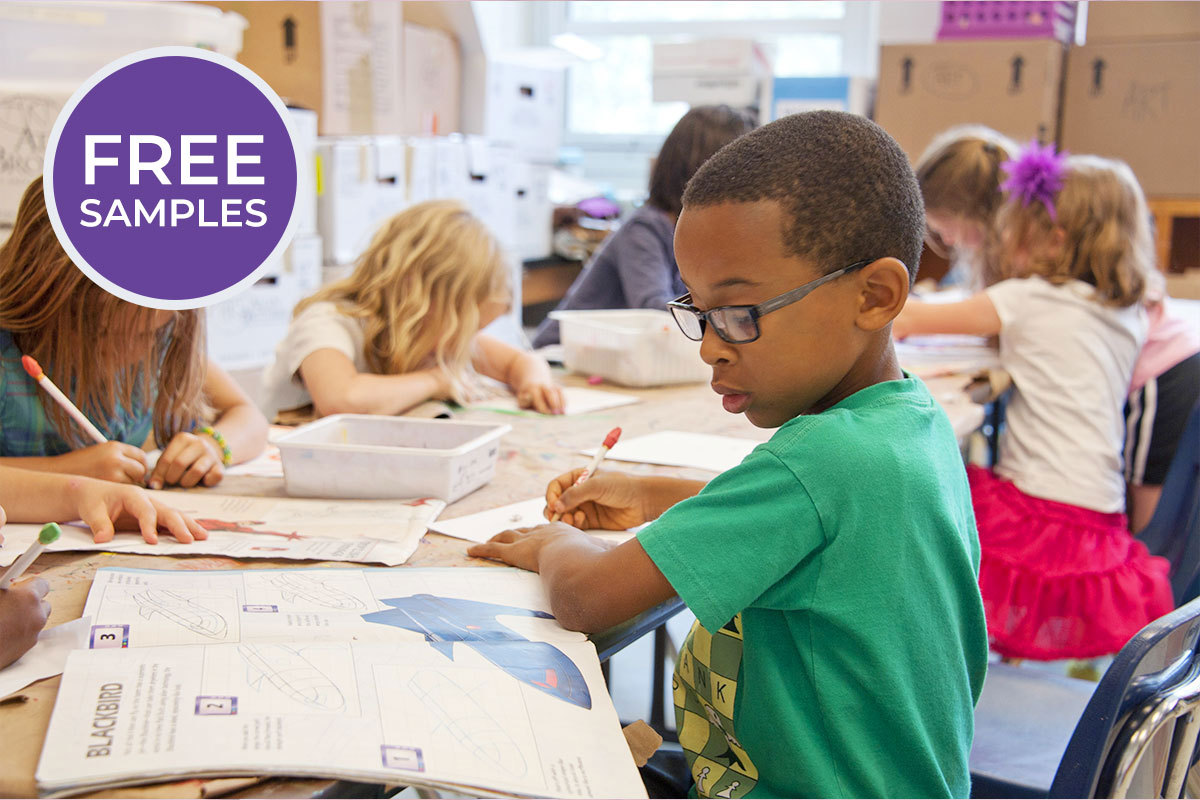
Booklets and guides
Clinically accurate leaflets and brochures for pupils. Including helpful information on difficult topics such as periods and wet dreams.
More RSHE teacher resources from our shop...
A selection of useful teaching aids, designed to help make difficult conversations, easier.
From recognising change in our bodies to periods, masturbation and wet dreams. Each FPA teaching aid has been thoroughly peer reviewed and designed to meet the needs of the DfE statutory guidelines of relationship and sex education.
Designed to work with Yasmine and Tom or independently with your own RSHE/PSHE plan.
Key Stage 1 & 2 PSHE Teaching Aids
-
-
Primary School RSHE Classroom Pack
Original price was: £59.46.£56.96Current price is: £56.96. -
-
Yasmine and Tom RSHE resource (1 year membership)
Price range: £0.01 through £999.00Select options This product has multiple variants. The options may be chosen on the product page

